Apr 28, 2023 | By
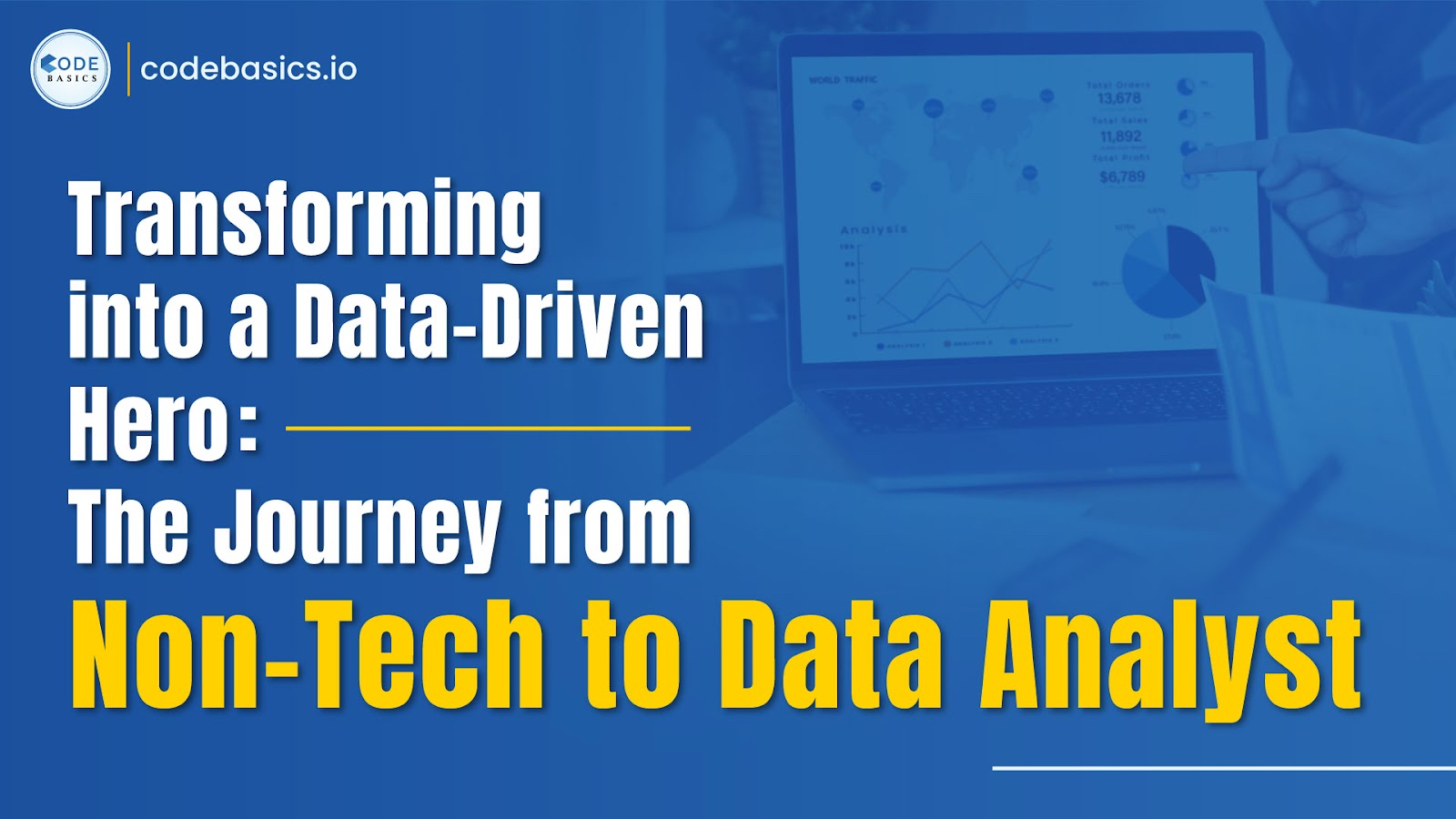
Meet Bruce Hariyali, a passionate adventurer in the world of data. He navigated the treacherous terrain of a non-technical background, determined to become a data analyst. One day, he discovered a map—this very blog—designed to guide him to success.
In this four-part adventure from Codebasics, we'll accompany Bruce as he embarks on his quest. We'll illuminate his path by delving into four essential strategies: acquiring data analysis skills, showcasing projects on LinkedIn, building online credibility, and asking for referrals.
So, join us as we follow Bruce Hariyali's footsteps in his pursuit of analytical prowess. Armed with this map, you too can conquer the challenges ahead and transform into a Data-Driven Hero a.k.a Data Analyst!
Building Your Data Analysis Foundation: Skills, Projects, and LinkedIn
To follow in Bruce Hariyali's footsteps and build a strong foundation in data analysis, you must first acquire some essential skills that will equip you for the challenges ahead.
With 90% of the world's data generated in the past two years, the demand for skilled data analysts has never been higher. Data analysts must possess a combination of technical expertise and soft skills to excel in their roles.
Essential skills for data analysts include: -
Programming languages: Familiarize yourself with languages like Python or R for data manipulation and analysis.
Data visualization tools: Master tools like Power BI, Tableau, or Excel to create impactful visualizations.
Statistics and probability: Understand the fundamentals of statistics to make data-driven decisions.
Domain knowledge: Gain expertise in your chosen industry to provide context to your analyses.
Critical thinking: Develop the ability to ask the right questions and solve complex problems.
Communication: Hone your skills in presenting findings and insights to both technical and non-technical audiences.
Once you've acquired the necessary skills, focus on building your project portfolio and LinkedIn presence:
1. Choose Your Domain: Work on real-world problems using open datasets in industries like finance, healthcare, or sports.
2. Reflect on Your Projects: Learn from each project and apply your newfound skills to future challenges.
3. Showcase Your Achievements: Create a LinkedIn profile highlighting your skills and displaying your project portfolio. Think of your profile as a personal billboard, advertising your data analysis prowess.
4. Network with Fellow Data Enthusiasts: Connect with professionals, exchange ideas, and collaborate on projects to learn and share insights.
By mastering these essential skills and focusing on projects and LinkedIn, you'll build a strong foundation in data analysis. Next up, we will explore how to establish your online credibility by leveraging resources and best practices, just as Bruce Hariyali did on his path to becoming a Data-Driven Hero.
Establishing Your Online Credibility: Resources and Best Practices
As Bruce Hariyali's journey continued, he recognized the importance of establishing online credibility. Developing a strong presence and showcasing his expertise led Bruce to gain recognition and admiration from his peers.
Do you know what the best part is? You can also do the same by boosting your online credibility.
Wondering how? These tips will help you:
Gather Knowledge: Begin by acquiring the skills needed to excel in data analysis. We at Codebasics offer a premium quality data analytics course, "Get Job Ready: Power BI Data Analytics for All Levels"
This comprehensive course covers everything you need to know about data analysis and visualization using Power BI. And the cherry on top of the cake is that you won’t even have to break the bank for buying this course!
It's affordable, engaging, and value-packed!
Engage with the Data Analysis Community: Connect with like-minded individuals and expand your horizons. Participate in forums, write articles, and join meetups or online groups to learn from experts and attend workshops.
Build Consistency: Establish yourself as an expert in the field by maintaining a regular online presence. Share your progress and insights on social media platforms, and offer help and advice to others.
Keep Learning: Stay up-to-date with industry trends and developments by subscribing to newsletters, podcasts, and blogs. Attend webinars, conferences, and workshops to continuously hone your skills.
By following his example, your credibility as a data analyst will grow, and you'll be well on your way to transforming into a Data-Driven Hero. But what's next? How can you leverage your growing network to unlock new opportunities?
For that, we'll explore the power of asking for referrals and expanding your opportunities in the exciting world of data analysis. Are you ready to become a Data-Driven Hero?
Leveraging Your Network: Asking for Referrals and Expanding Your Opportunities
As Bruce Hariyali continued his journey, he realized that a strong foundation and online credibility were only part of the equation. To truly excel in the world of data analysis, he needed to leverage his network to unlock new opportunities.
The importance of networking in the data analysis field cannot be overstated, as it opens doors to collaborations, knowledge exchange, and career advancements.
Here are some strategies for connecting with professionals and peers within the industry:
1. Attend Industry Events: Conferences, meetups, and workshops provide excellent opportunities for networking.
2. Join Online Communities: Engage in discussions on forums, social media groups, and LinkedIn to expand your network.
3. Collaborate on Projects: Work with other data enthusiasts on open-source projects or hackathons to build relationships and demonstrate your skills.
Asking for referrals from your network can lead to new job opportunities, as people in your network can vouch for your skills and expertise. Here are some tips on how to ask for referrals tactfully and effectively:
Be Specific: Clearly state your interests, preferred job roles, and the type of companies you're targeting.
Highlight Your Value: Showcase your accomplishments and explain why you'd be a good fit for a particular role or company.
Express Gratitude: Thank your connections for their time and assistance, regardless of the outcome.
Bruce Hariyali's story comes full circle as he becomes a Data-Driven Hero. By acquiring essential skills, building a strong foundation, establishing online credibility, and leveraging his network, Bruce was able to transition into a successful data analyst role. His journey serves as an inspiration for others looking to make a similar leap.
Are you ready to embark on your own journey to become a Data-Driven Hero?
In conclusion, these strategies - acquiring data analysis skills, building your foundation, establishing your online credibility, and leveraging your network - are critical for a successful transition into the data analyst field. Embrace these strategies, and you too can become a Data-Driven Hero!

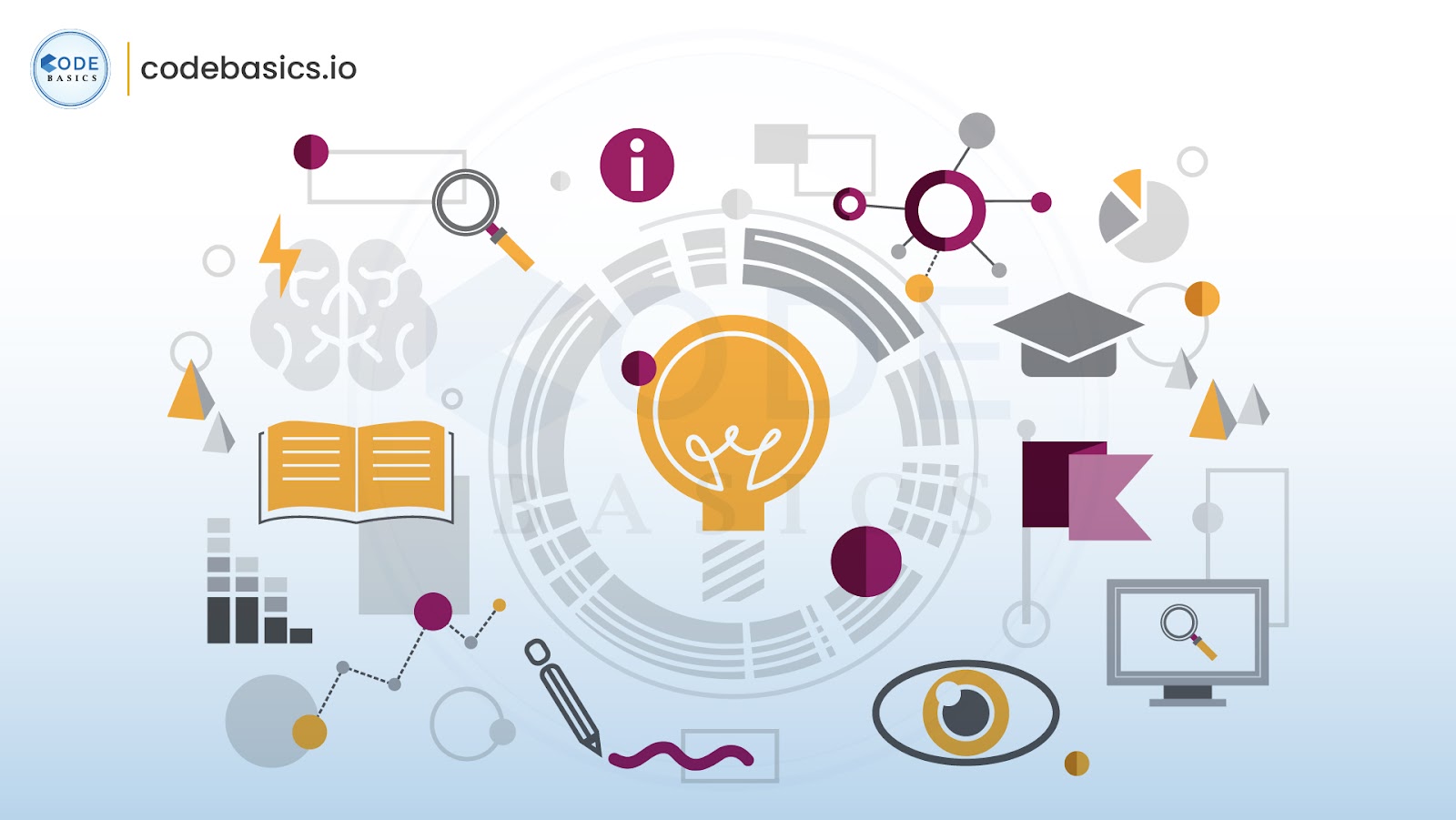




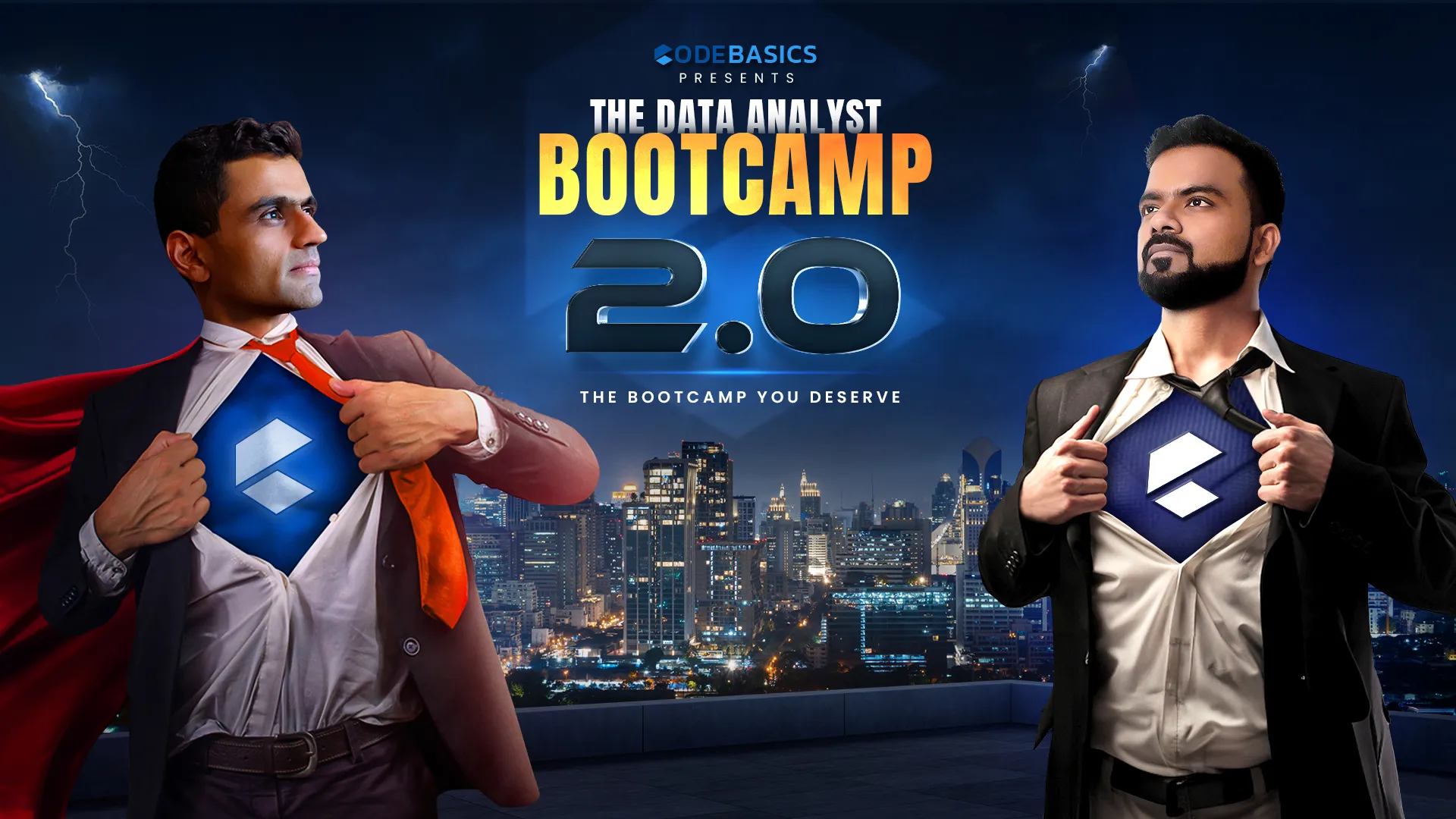
.jpg)
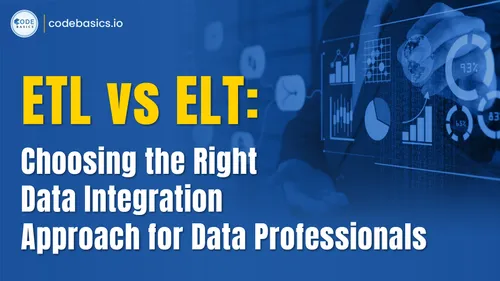
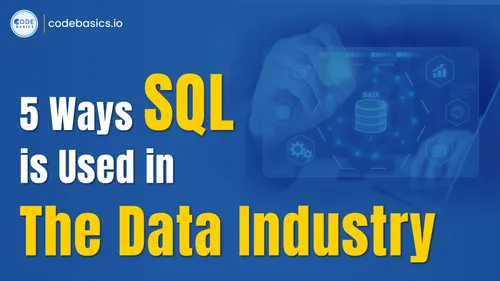
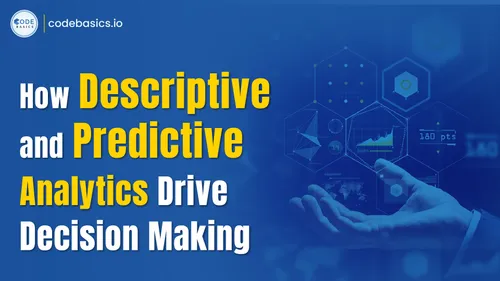
%20(1).png)
 Log in with Google
Log in with Google Log in with Linkedin
Log in with Linkedin